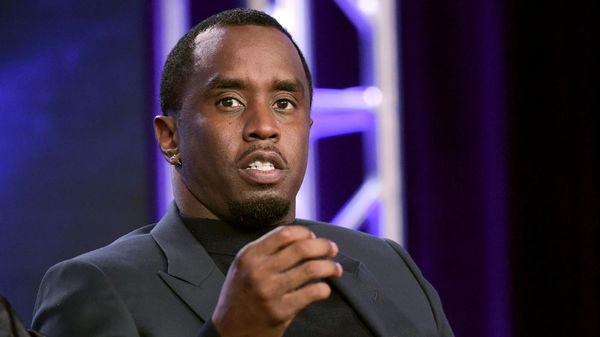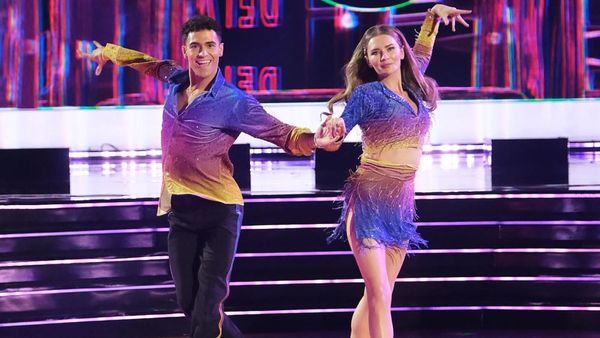July 4, 2014
Nathan Lane Stars In 1930s Gay Drama 'The Nance'
Kilian Melloy READ TIME: 3 MIN.
A Nance, according to theatrical terminology of the 1930s, is a stock character meant to represent the stereotype of the "effeminate homosexual." In Douglas Carter Beane's acclaimed new play "The Nance," out gay actor Nathan Lane plays Chauncey Miles, who plays a variety of nance characters in a low rent burlesque house in late 1930s New York City. Chauncey is tired - he yearns for a more serious acting career. He's alone, lonely and embittered.
Along comes Ned (Jonny Orsini), a younger, and quite handsome guy from upstate who just left his wife after coming to terms with his gay identity. They enter into a tenuous relationship, which Ned wants to pursue wholeheartedly. Chauncey is obviously attracted to his new beau, but years of dealing with society's prejudices have damaged his psyche. He's unable to give of himself fully.
Chauncey has other issues to deal with. The Mayor, who views burlesque as "degenerate filth" is targeting nance performers ("perverts") as an excuse to shut these theaters down.
The play alternates between starkly dramatic scenes in Chauncey's life and the comic bits he appears in at the theater - the latter are a metaphor for the anti-gay persecution he lives with.
"The Nance" played to great acclaim on Broadway. The "film" of "The Nance" is actually a videotaped record of an actual stage performance at New York's Lyceum Theater. The playwright chatted with SFGN.
Tell about your background and your coming out story.
I came out in 1977 to take a stand against Anita Bryant - now doesn't she seem quaint! I spent a lot of time in the gay discos of Philly.
What moved you to become a writer?
Ever since I read "Huck Finn" as a kid, I knew I wanted to make people laugh and to tell them the truth. When I see something unspoken and are afraid to admit it, I am inspired to pick up the pen and begin.
The inspiration for "The Nance" was the fascinating dichotomy between campy humor and an inability to have a meaningful relationship. Two things that seem to have self-loathing at their core. One bright, one dark. Also, when society tells someone they are wrong and worthless, how does that manifest into that person's behavior.
Are these characters based on real people?
A "nance" is a stock comedy character. There is no record of an out man being a nance, but how would that be recorded at that time? Just seven years earlier there was the "pansy crazys" which were gay MCs in nightclubs. They were all out and there is a record of that.
What message are you trying to convey to the audience?
Don't trust society's view. Don't trust political movements. Trust yourself. Trust love. Love yourself.
What would you like audiences to take from "The Nance?"
That we have come so far, but that this fear and hatred, and self-hatred, still exist in our reasoning and thinking. And we must be on guard.
Can you say something about the changes we've seen in society from Chauncey's time to Nathan Lane's?
I never thought as a gay boy dancing to McFadden and Whitehead and Patti LaBelle that I would one day have a legal husband and two children. What Ned is yearning for and has no names for in The Nance is a given in today's world. Pretty cool.
Kilian Melloy serves as EDGE Media Network's Associate Arts Editor and Staff Contributor. His professional memberships include the National Lesbian & Gay Journalists Association, the Boston Online Film Critics Association, The Gay and Lesbian Entertainment Critics Association, and the Boston Theater Critics Association's Elliot Norton Awards Committee.





